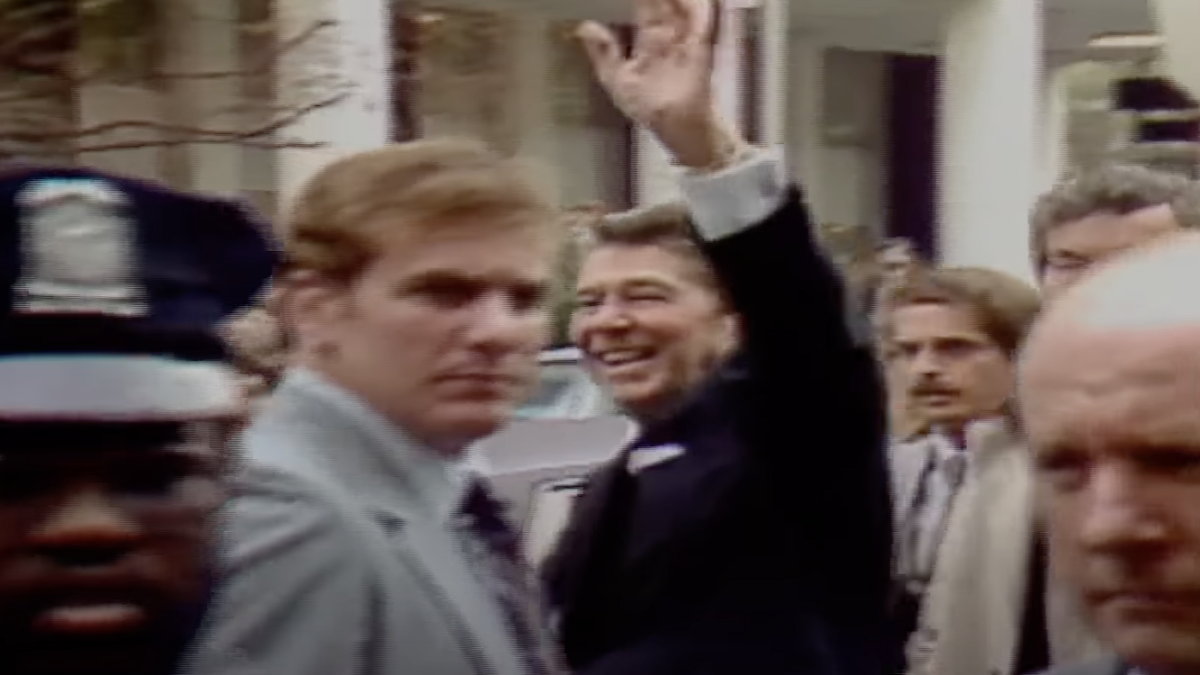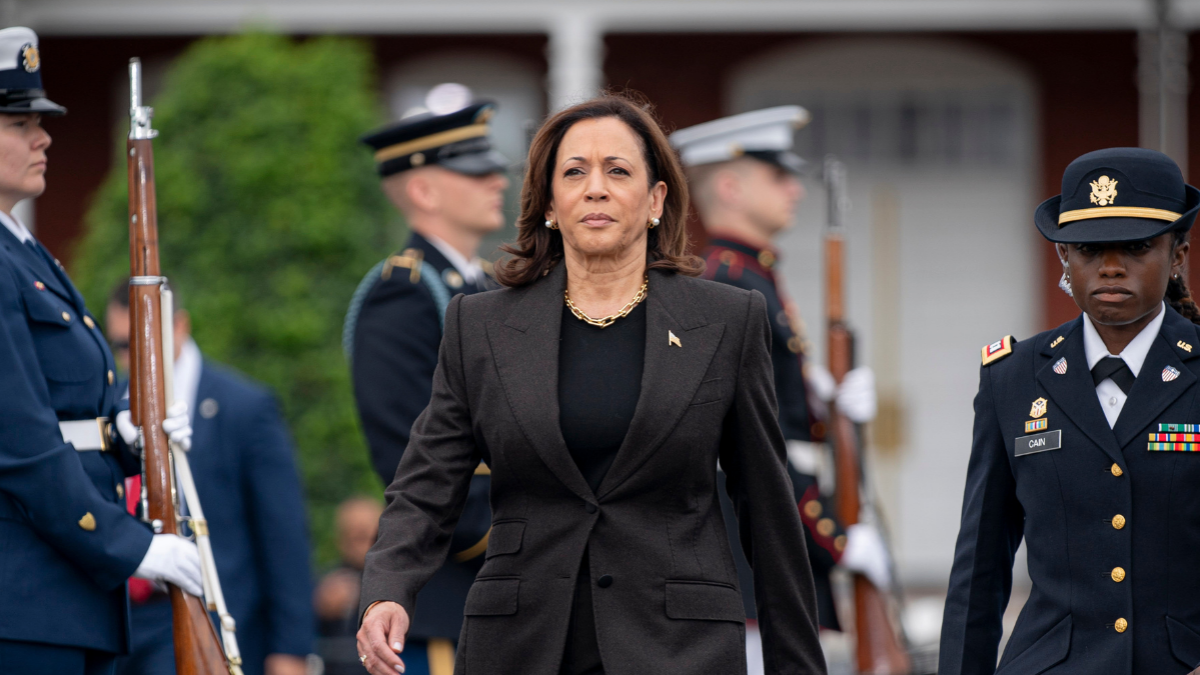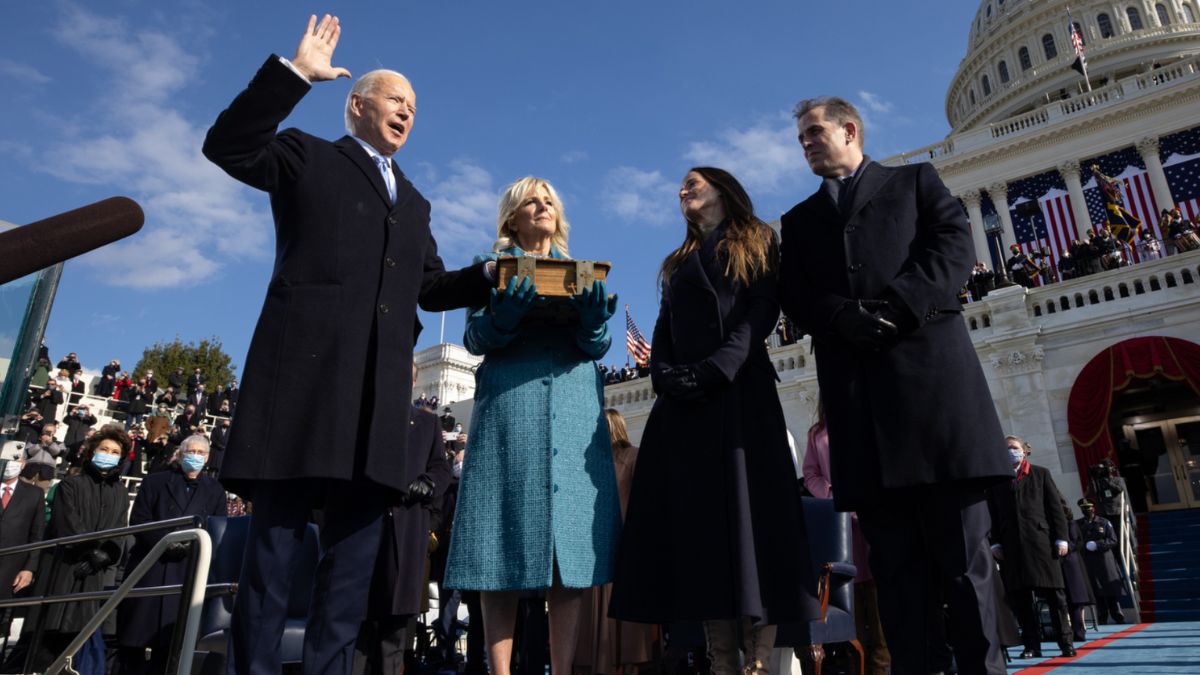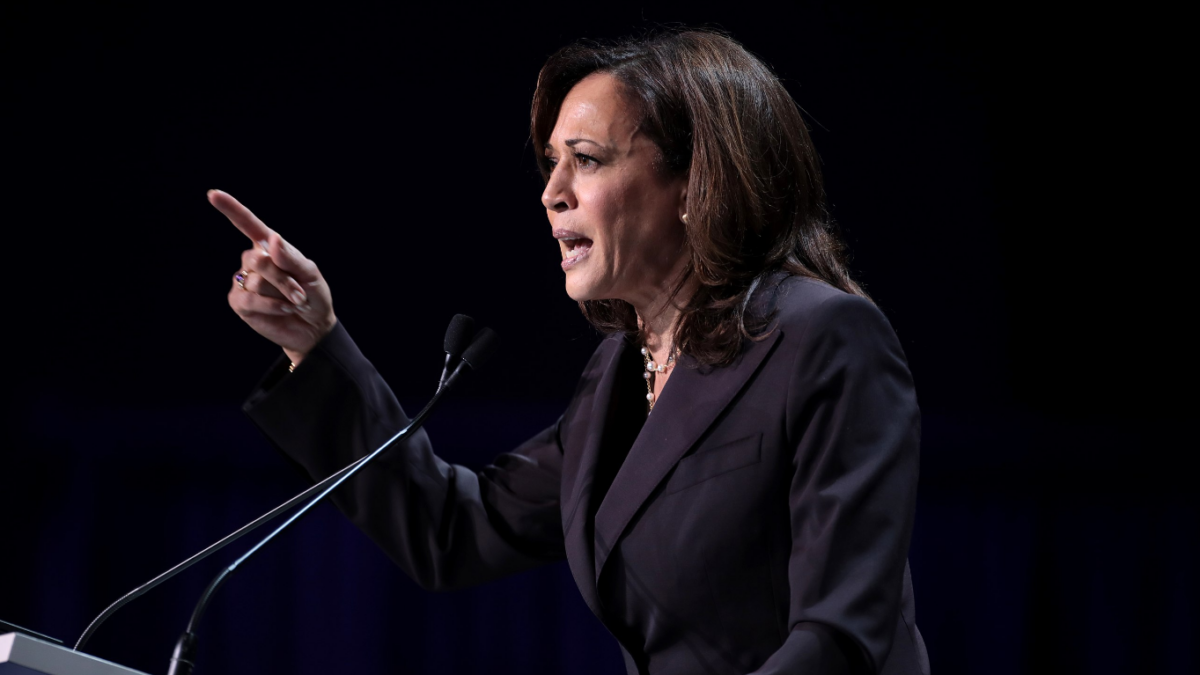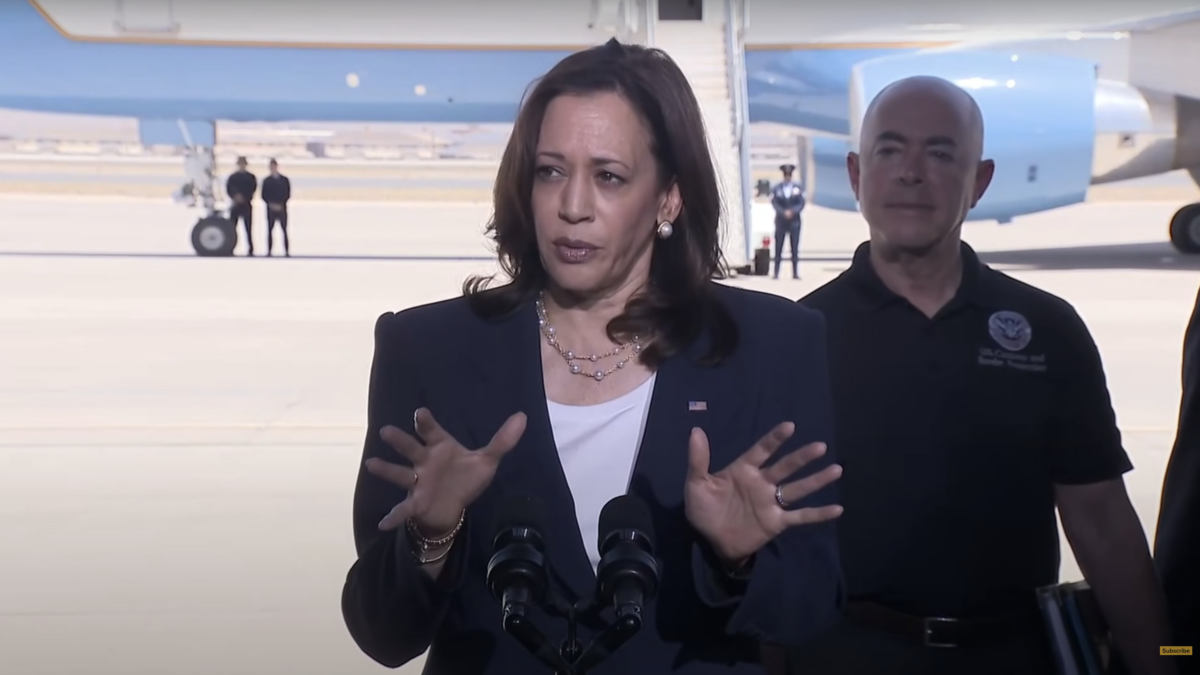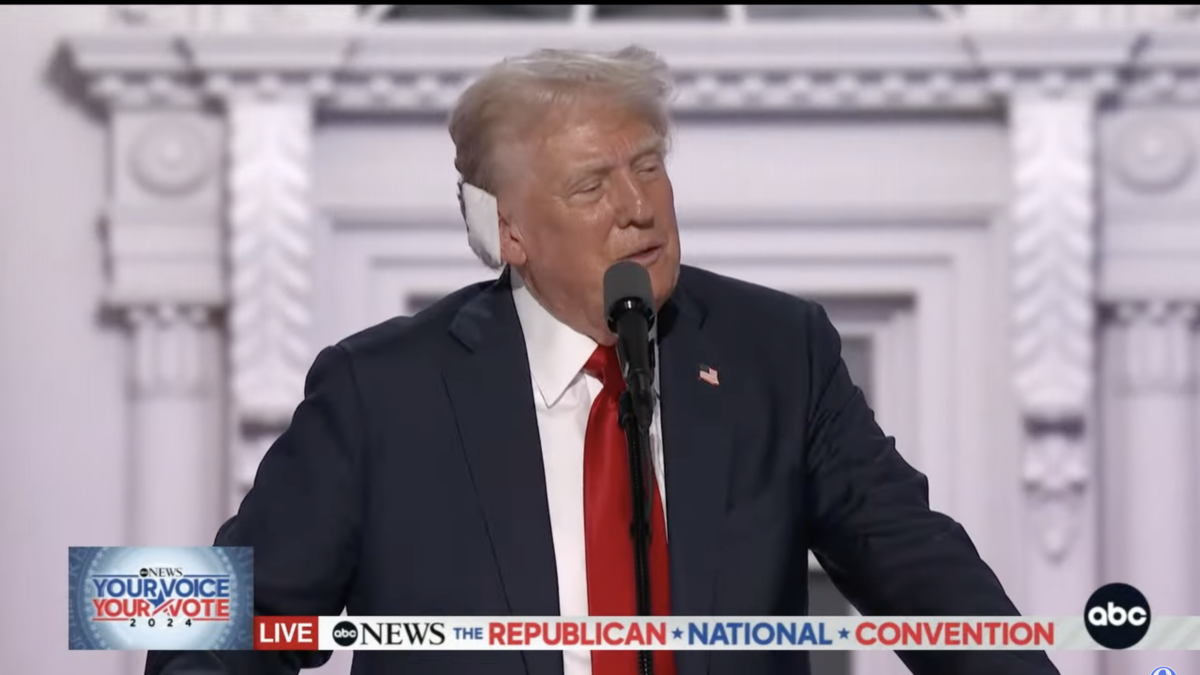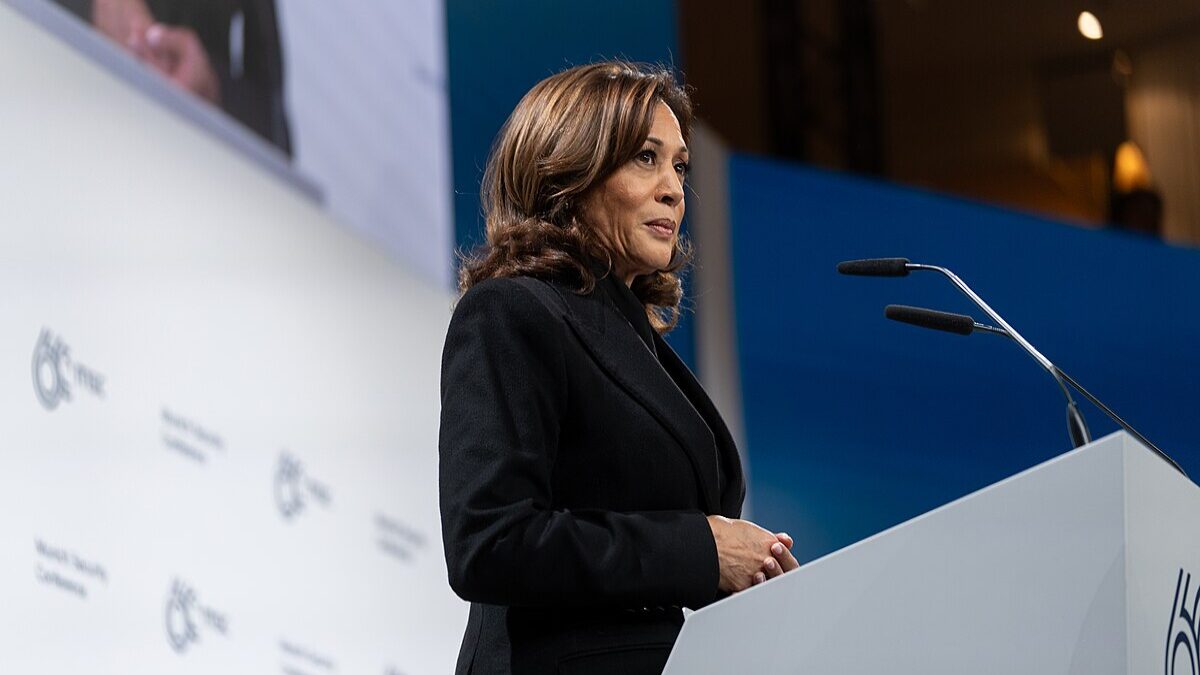Presidential hopeful Joe Biden got himself into trouble this week defending his relationship with pro-segregationist senators James O. Eastland of Mississippi and Herman Talmadge of Georgia at New York fundraiser. “At least there was some civility,” the former vice president explained. “We got things done. We didn’t agree on much of anything. We got things done.”
Biden was attempting to liken contemporary Republicans to 1970s-era Southern racist Democrats while also highlighting his history of bipartisan compromise. Although his comments were a political miscalculation, nowhere was the former vice president “waxing nostalgic” nor “fondly” remembering either of those lawmakers in his speech, despite the contentions of progressives, presidential candidates, and some in the media.
Then again, it’s fair to point out that the historic record shows Biden was far more than merely “civil” with segregationists. His early interactions can be more accurately described as obsequious. Biden hadn’t negotiated with political rivals to push bipartisan policy. He had worked with members of his own party—run by men who placed him in positions of power—on issues they agreed on.
Judging from the Senate transcripts and interviews of the time, it’s clear that Biden was an all-star opportunist. After watching the former Delaware senator shed 50 years of positions in the past few years, this should come as no surprise.
In 1973, Democratic Party leadership was teeming with unsavory Southern senators. If a freshman like Biden—who in a 1974 Time magazine profile admitted “to being compulsively ambitious”—wanted a plum committee position, he would be compelled to approach someone like J. William Fulbright, chairman of the Senate Committee on Foreign Relations, a segregationist and anti-Semite who would later become a mentor to the Clintons. (Bill awarded him the Presidential Medal of Freedom in 1993 and Hillary still had her name on a shared fellowship in 2016—although no one seemed to mind very much).
And if Biden wanted to be on the judiciary committee, he would have to get along with Eastland, the “Voice of the White South,” who was chair and president pro tempore of the Senate. The stories about their chummy relationship aren’t new; Biden has been repeating them for decades.
“Eastland was particularly anxious to mentor young members,” J. Lee Annis notes in his book, “Big Jim Eastland: The Godfather of Mississippi.” “One favorite over the last term was Joseph Biden, who then was best known for having lost his wife and young daughter in an automobile accident.”
Eastland took an interest in Biden because the young senator shared his position on busing, one of the most contentious racial policy fights of the early 1970s. It was during this time that busing had turned working-class, union-heavy white areas like South Boston—the kind of district that launched Biden’s political career—into “war zones.” At the time there was “intense public disapproval of busing,” according to The New York Times. A 1974 Gallup poll, for example, only 15 percent of whites favored the policy, and 75 percent were against.
Biden, according to Annis, showed Eastland “considerable deference” towards the Mississippi senator not because he was the key to freshman’s political ambitions but also an ally in the busing fight. Biden admits as much years later in his own 2008 book, “Promises to Keep: On Life and Politics.” Eastland wasn’t just a powerful senator, Biden points out, but ran the committee “that handled all crime legislation, a committee on which I badly wanted to serve.” Until very recently, of course, Biden took great pride in being a tough-on-crime Democrat.
“I started by asking him questions. He was proud of his standing as the longest-serving senator and of his reputation as a keeper of the institutional flame,” Biden goes on to write, “I think he was flattered by the deference I showed him, and his answers to my questions often surprised me.” (Italics mine.)
All that deference would pay off. Eastland and Fulbright assigned Biden seats on both the judicial committee and, although he had absolutely no related experience, on the foreign relations committee. This afforded Biden a head start in his Senate career; a position that many other senators, perhaps less inclined to suck up to segregationists, were not given.
Eastland and Biden had hit it off so well, in fact, the elder senator offered to come to Delaware to help the freshman senator get reelected. “I’ll campaign for ya or against ya, Joe. Whichever way you think helps you the most.”
Now, it’s also true that the debate over busing was more complicated than revisionists suggest. Biden argued that the policy was often ham-fisted and ineffective. He framed his opposition as an effort to stop a failed program, rather than one meant to stop the integration of schools.
But, by any standard, Biden was not on the liberal side of the issue. In fact the senator was still fighting against busing four years after Eastman had already left the Senate. And he was still pretending to be a civil rights hero.
“Let me tell you one little thing,” Biden lectured a professor in a 1981 about the constitutionality of busing. “Joe Biden used to be a county councilman. Joe Biden ran in the year 1972 at 29 years of age against an extremely popular fellow, a two-term senator who everybody said was going to be a walk. This was before all the changes and trends that occurred.
“Joe Biden was a lawyer who did work for the black community, represented the Black Panthers at the time they were burning down my city, was a criminal defense lawyer, and the proponent of public housing in the county that election. And, guess what? I won.
“I went out to those same counties, those same neighborhoods, and I said: ‘I want to put a public housing project in your neighborhood.’ It is a matter of record. I am not exaggerating.”
Well, Joe was exaggerating.
Biden might have been at the tail end of a decade of fighting busing, and he was getting increasingly touchy about his position as American attitudes began to change. “When I marched in the civil rights movement” is, in fact, something Biden often told crowds before the lie caught up to him during his disastrous 1987 run for the presidency.
“It really is a hard, hard thing,” Biden joked another time. “In law school I was considered a raging liberal. As a lawyer, I’m considered, gee, I must be wacky — who’d represent a member of the Black Panthers?”
There’s no record of Biden ever having marched with civil rights leaders nor of having defended Black Panthers as they were “burning down” Wilmington in 1968 (the event he seems to be referencing), much less having to defend his association with the radical group during his first senatorial campaign. Nor do we know that Biden was a particularly zealous advocate of “public housing,” although it was a plank of the Democratic Party’s platform in Delaware at the time.
Joe’s self-aggrandizement, false modesty, and exaggerations were often deployed in the third person, as if his adulation was aimed at some mysterious hero. Reading through the Senate transcripts of Biden during the 1970s and 1980s is both immensely entertaining and an important reminder that the upper chamber has always been something of a circus. It’s also useful in once again confirming that Biden is perpetually and shamelessly revising his own biography—which is allegedly the central case for this presidency.
For example, Biden didn’t just eulogize Strom Thurmond, the one-time Dixiecrat candidate and later Republican. “Biden had developed a genuine fondness for Thurmond,” recalls Nadine Cohodas in “Strom Thurmond & the Politics of Southern Change.” “The young Democrat appreciated Thurmond’s political skill—he realized he was sitting next to a living piece of history– and he respected the straight way he could deal with one another. When Biden became Judiciary’s senior Democrat, he had promised Thurmond he would never do anything to undercut him. Thurmond had always reciprocated.”
Should Biden be judged harshly because he worked with, and sometimes befriended and was mentored, by politicians that are by today’s standards objectionable? It’s a fair question to ask about a (comparatively) moderate Democrat whose experience is probably one of his most appealing characteristics. At this point, at least, his history has not seemed to hurt his African-American support, even if the reparation crowd wants him out.
Whatever the case, it’s difficult to feel much sympathy for his plight. In 2012, it was Biden who would tell a crowd of African Americans that the presumptive Republican nominee Mitt Romney—who, as far as we know, had shown not any deference to segregationists—was going to “put you all back in chains.” It was an ugly smear.
We can assume that Biden understood the power of this kind of slur, since he had once been compared to the segregationist George Wallace during a Senate hearing. “We will have to judge five years from now whether or not Joe Biden was, as one of the witnesses said, a George Wallace or similar to George Wallace or Joe Biden is a racist,” Joe Biden said of Joe Biden in 1981. “I have stand on that. I will be judged later.”
Well, Biden was a member of the right party for the past 45 years. Journalists had little interest in this chapter of Biden’s past when he was running for the Senate against Republicans, or when he was the vice presidential nominee against the media-approved presidential candidate. Now, though, when facing favored progressive candidates, maybe that judgement he was talking about in 1981 will finally be rendered.


